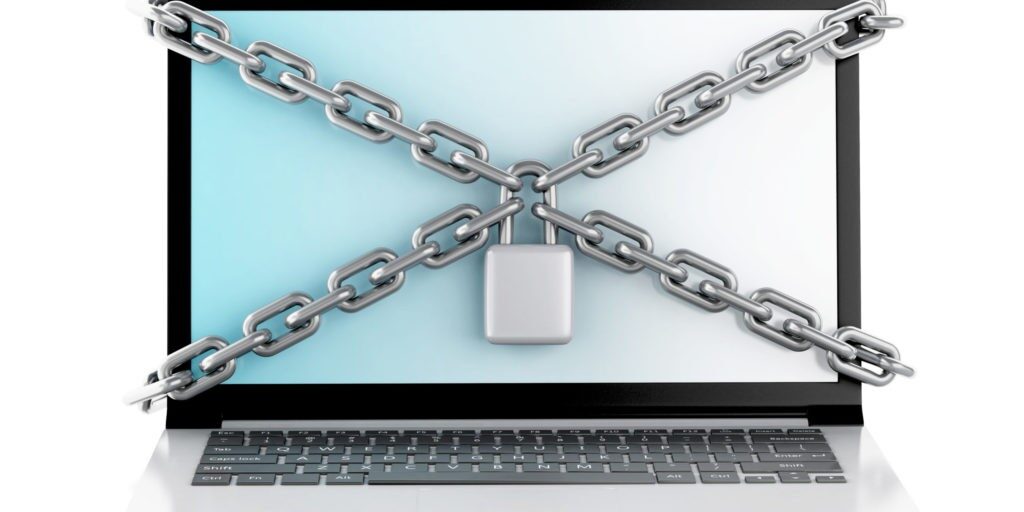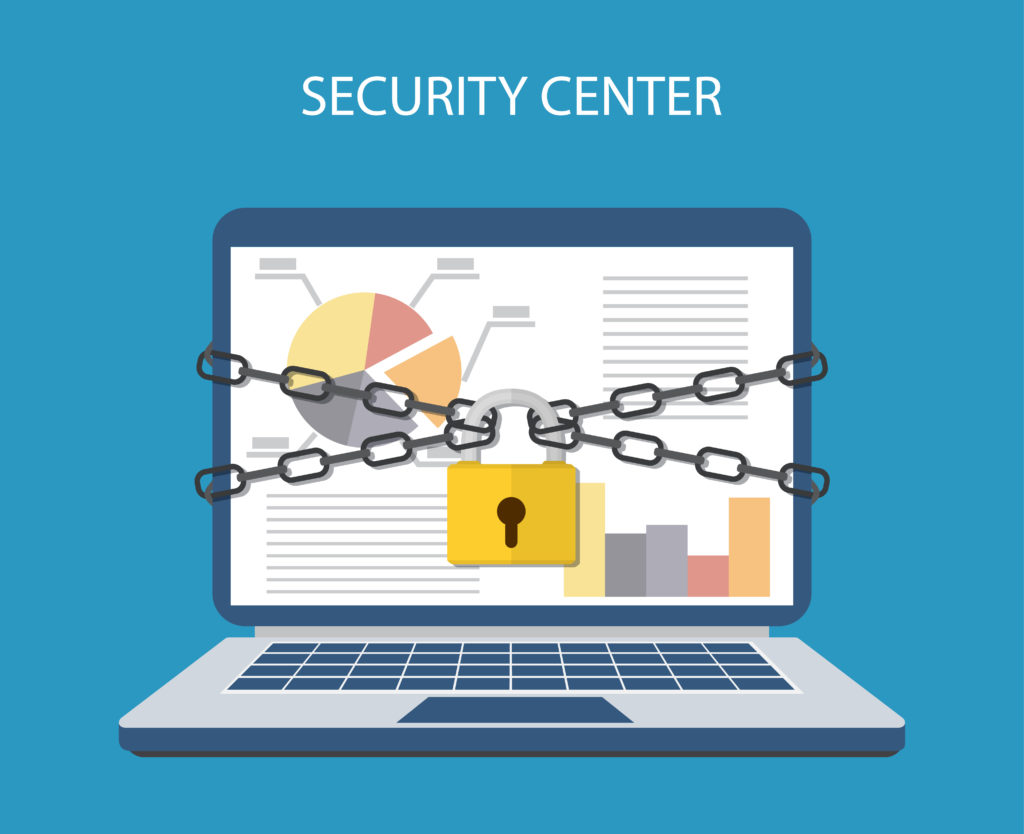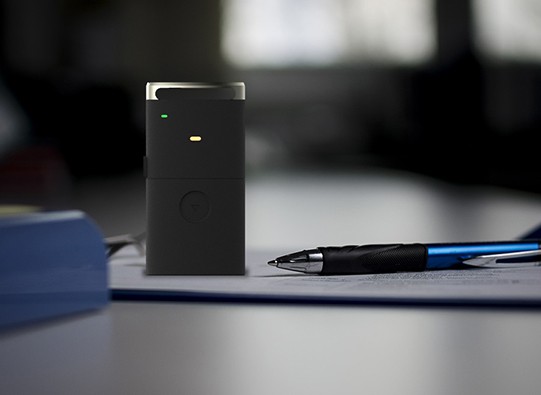
Dangers of Unlocked Computers
With reliance on the Internet only continuing to rise, there’s more value available for theft through our computers. People keep leaving computers unlocked, despite years of knowing the dangers.
There are plenty of horror stories in the news and even more that go largely unnoticed on blogs and social media sites, especially ones that focus on tech, cybersecurity, IT security such as StackExchange.
Why do users leave computers unlocked?
The GateKeeper research team has interviewed many users and found that most times, people forget. Others think there’s no harm if they’re only leaving for a short while.
Computers being left unlocked due to misplaced trust. Will each of my 1,000 end users lock their PC every time they leave? People mistakenly believe that the security provided by their surroundings (secure office, home, local coffee spot where you know your barista) is sufficient to warrant relaxing on the obvious need to lock every time. It doesn’t matter whether you’re going to the restroom, getting a coffee, or even having a chat with someone.
Just last week, a friend said multiple cars inside her apartment’s garage were vandalized but not the cars parked outside. Most people thought the garage was more secure behind a key fob-protected gate than being outside and open to vandalism from anyone, but this was not the case. The first layer of defense doesn’t block all attacks. And just because you know some people doesn’t mean you can blindly trust everyone around you.
Risks of unlocked computers left unattended.
When someone gains access to someone’s bank account, that’s all they have access to. When someone gains access to your computer, they could potentially gain access to far more, depending on your layers of security. Account takeover attacks can include
- Stealing confidential corporate data
- Credential theft
- Unauthorized access to private information
- Session imposter: sending emails or messages as someone else
- Identity fraud / theft
One of the most dangerous situations may be that your computer was unknowingly breached this way. In the meantime, the malicious actor could have installed malware, a trojan, keylogger to steal credentials. There is an endless number of cybercrime activities that could happen. Check out more dangers from other industries like healthcare.

How to keep your computer locked at all times.
Every computer comes with an inactivity timeout mechanism that allows you to set a length of time to lock your computer when there’s no mouse or keyboard activity. There are two problems with timeout policies:
If the timeout policy is too short, the computer locks the user out. Users have to constantly retype passwords. So many password retypes. So many lockouts. This wastes time and becomes a disruption to user workflow
If the timeout policy is too long, the user leaves the PC unlocked. Unlocked and unattended PCs are a serious issue in cybersecurity. Computers are vulnerable to account takeover or data exposure. There’s no win in this scenario.
Instead, use GateKeeper Proximity to ensure computers are locked as soon as users walk away. Auto-locking workstations means admins can ensure computers are locked when unattended. Employees can be in the office or working from home, GateKeeper will continue to lock.
Finally, see GateKeeper Enterprise advanced MFA in action.
Take a self-guided tour of how you can evolve from passwords. Then you're really saving time with automation.




